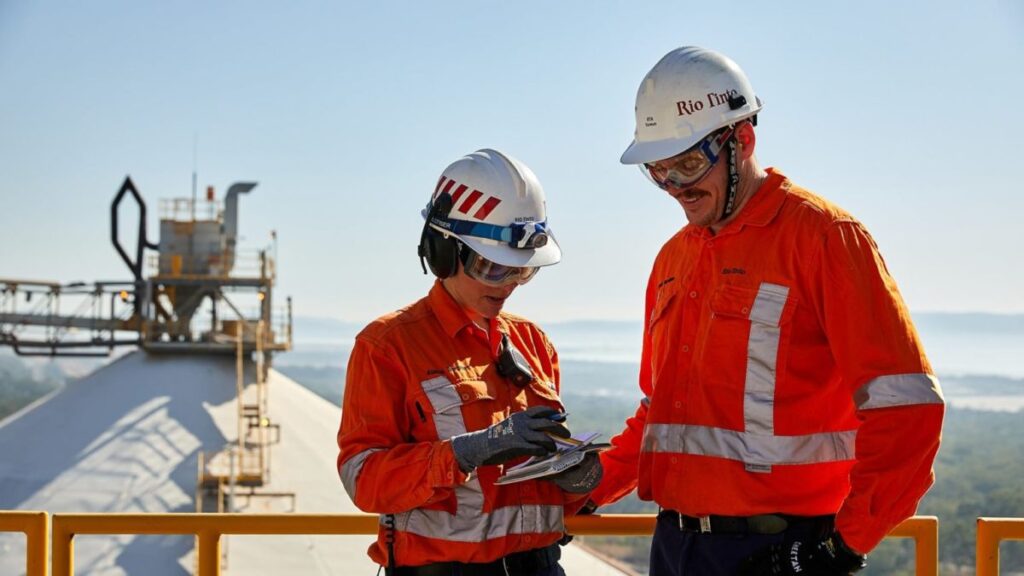
PERTH — Rio Tinto has signed a Joint Development Agreement with Australian environmental technology company Calix to advance construction of a demonstration plant for Calix’s Zero Emissions Steel Technology (Zesty™) in Western Australia, aiming to enable Pilbara iron ores to be used in lower-emissions steelmaking.
The proposed plant, to be built in Kwinana south of Perth, would replace Rio Tinto’s previously announced BioIron™ pilot facility. Rio Tinto said the BioIron furnace design requires further development to minimize technical risks, though research continues with the University of Nottingham and sustainable technology company Metso.
Rio Tinto plans to invest more than A$35 million in the Zesty Green Iron Demonstration Plant, combining financial and in-kind contributions. The project also has support from the Australian Renewable Energy Agency (ARENA), which has awarded Calix a A$44.9 million grant subject to conditions.
The Zesty process uses electric heating and hydrogen reduction to produce reduced-emissions iron and is compatible with lower-grade ore. Rio Tinto Iron Ore Chief Executive Matthew Holcz said the partnership reflects the company’s commitment to decarbonization. “The world needs low-emissions steel if it is going to decarbonise, and we continue to look at a range of ways Pilbara iron ores can help to do this as new technologies emerge,” Holcz said.
Western Australian Premier Roger Cook welcomed the agreement, calling locally made green iron “a key part of my vision to become a renewable energy powerhouse and make more things here.” He said the project would help diversify the state’s economy and strengthen its position as “the strongest in the nation.”
Calix CEO Phil Hodgson described the agreement as a milestone in commercializing Zesty technology, noting its potential to decarbonize an industry responsible for about 8% of global CO2 emissions.
Under the agreement, Rio Tinto will provide technical support, engineering services, and advocacy to help the project reach a final investment decision. If approved, Rio Tinto will supply up to 10,000 tonnes of Pilbara iron ore for commissioning and testing, while retaining a non-exclusive global license to market and sub-license the technology.